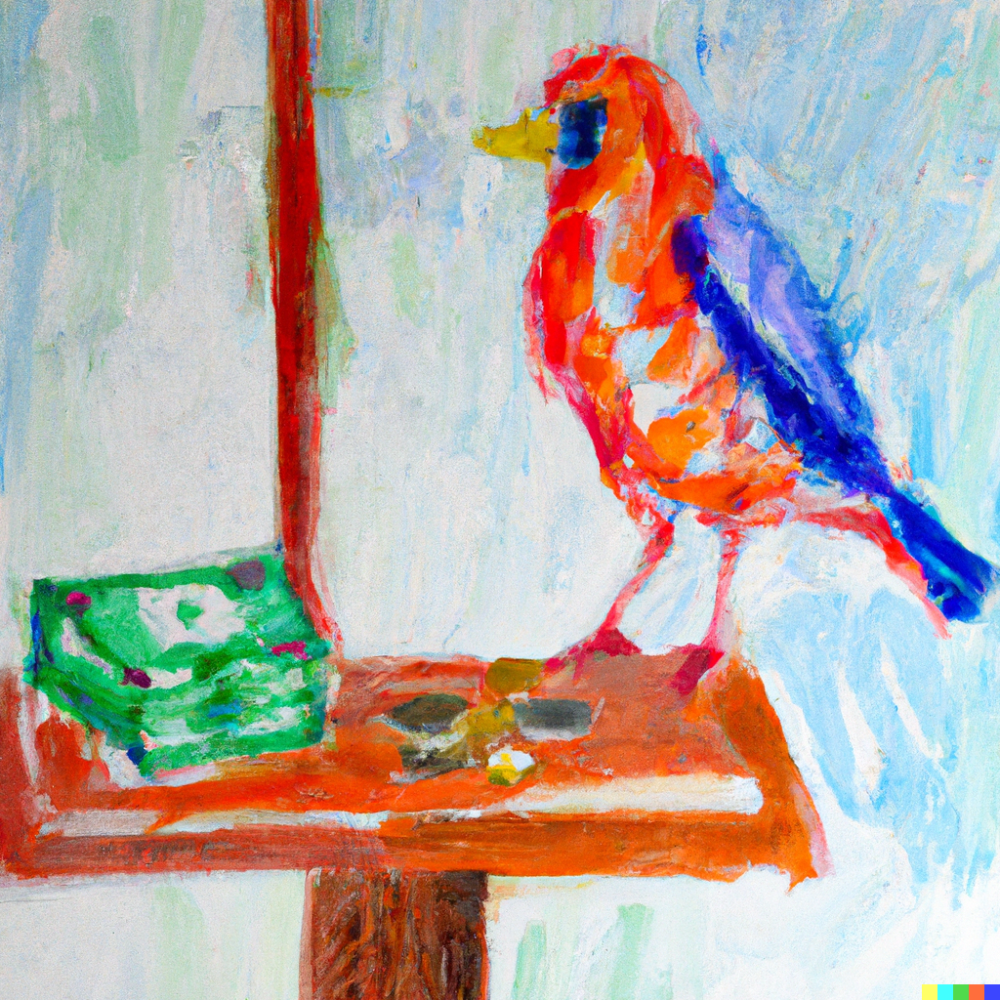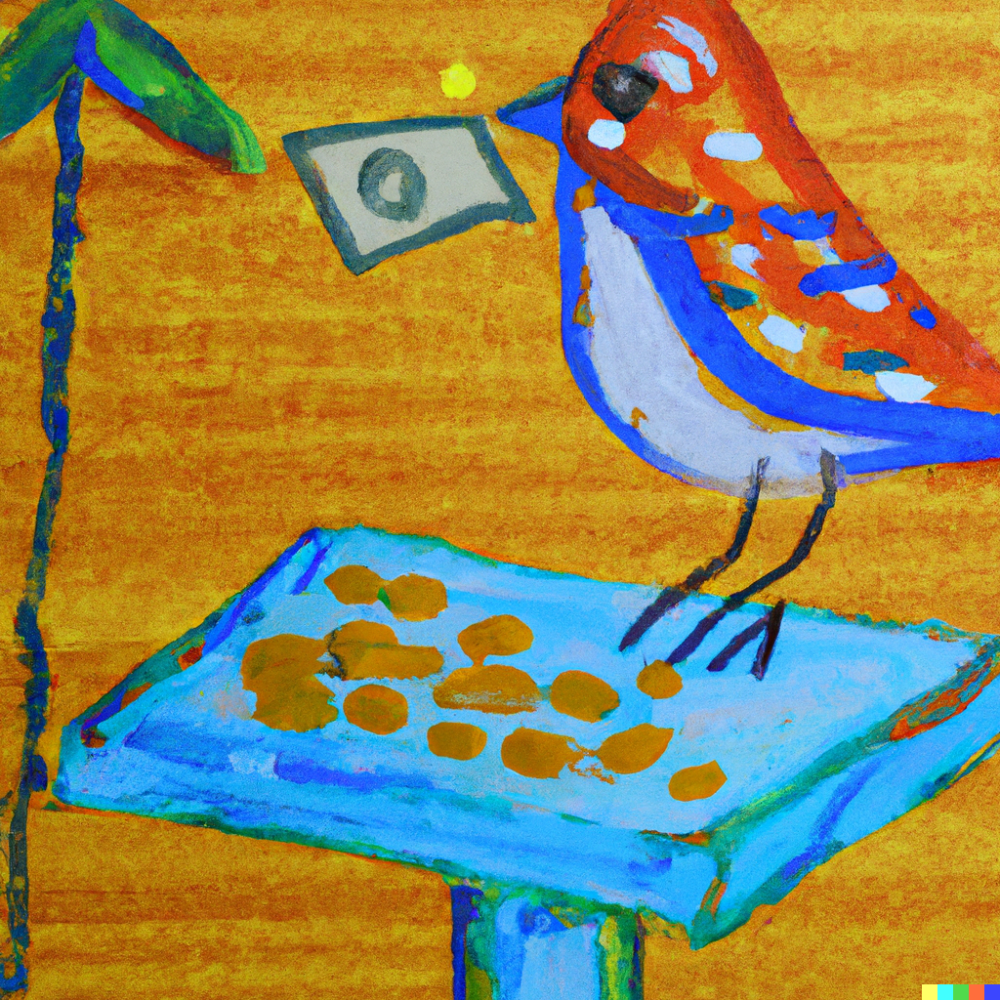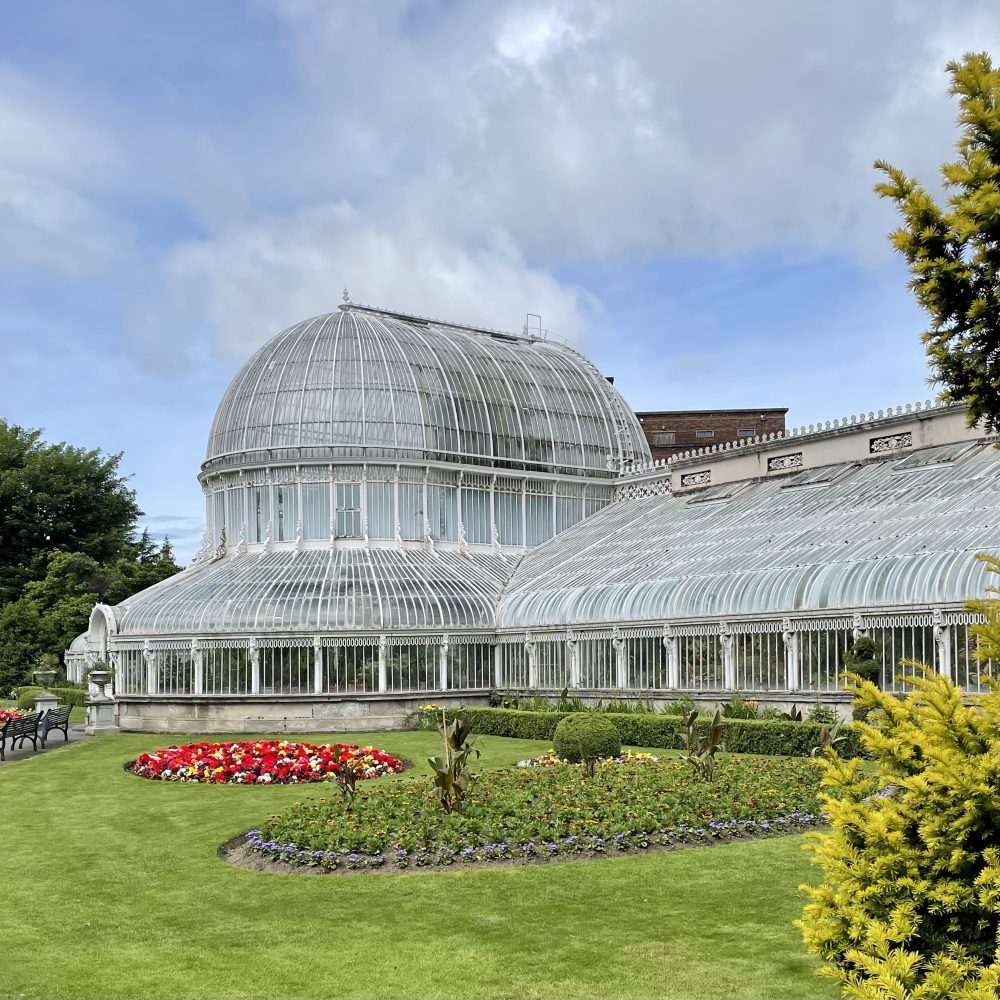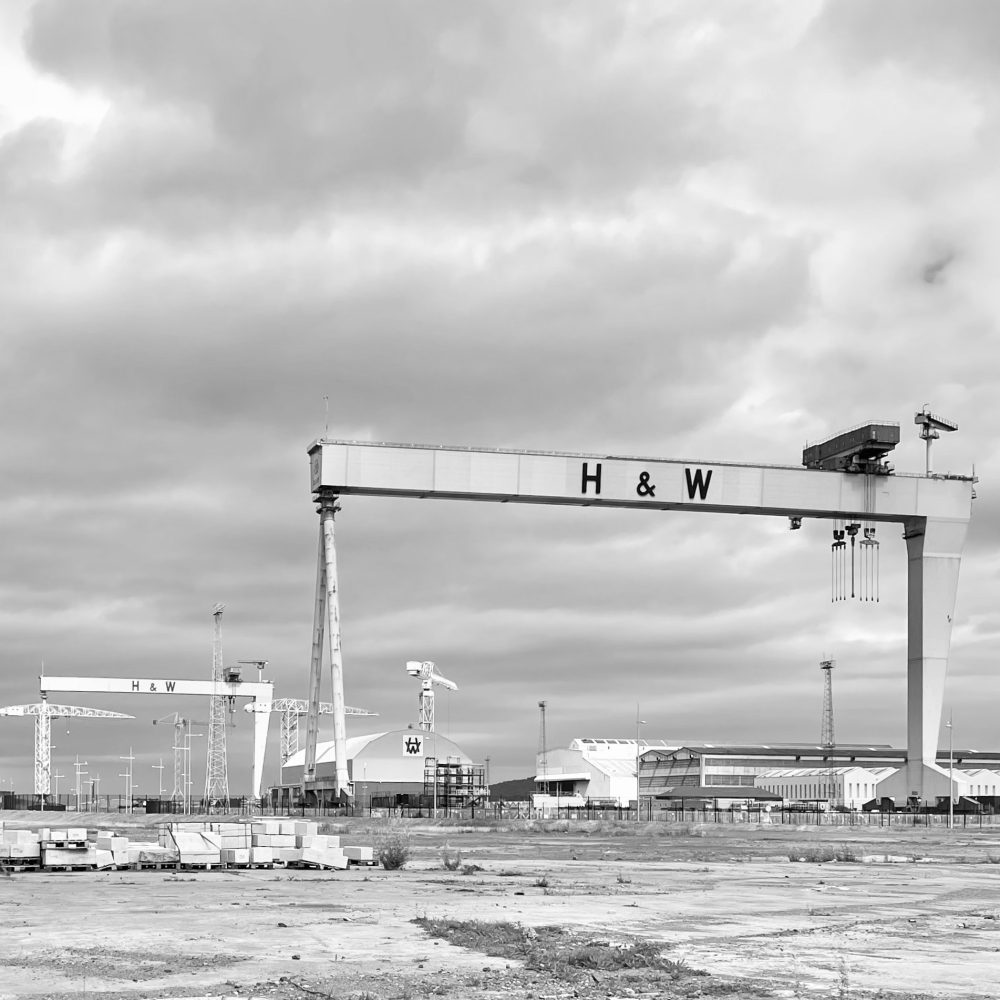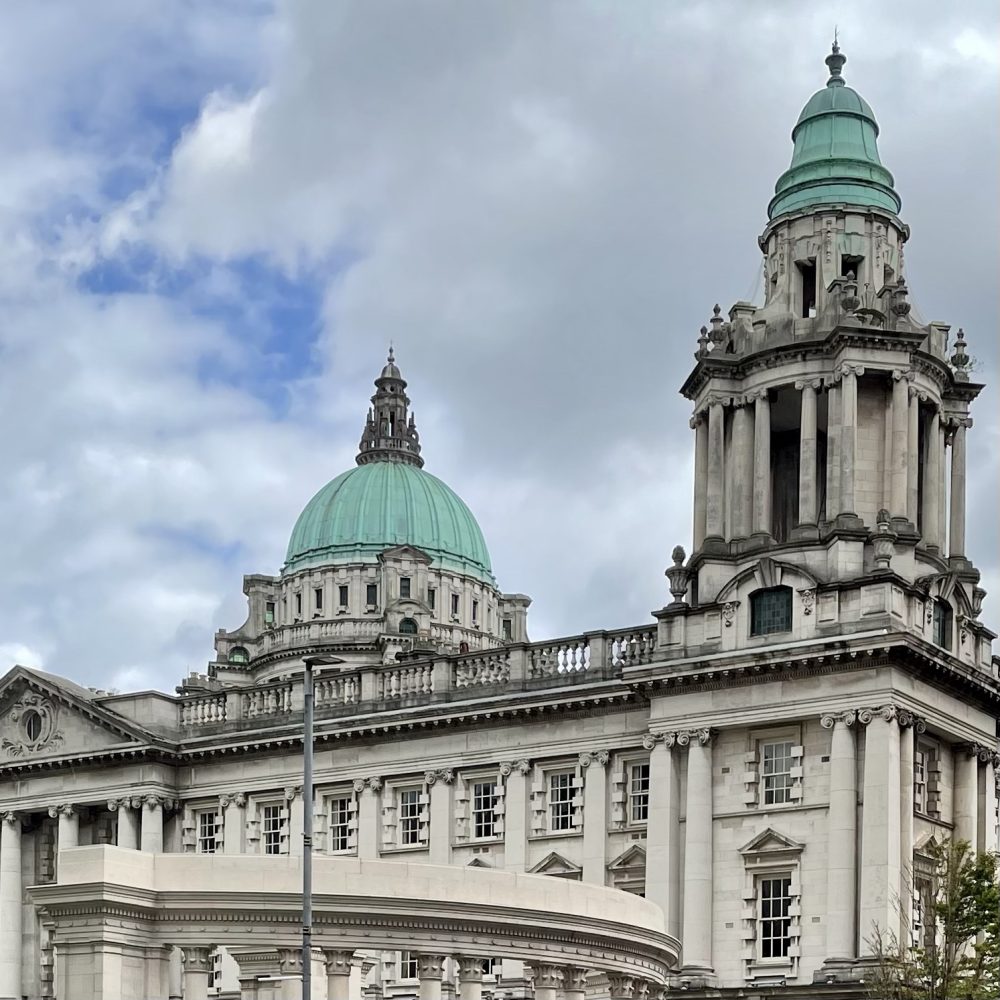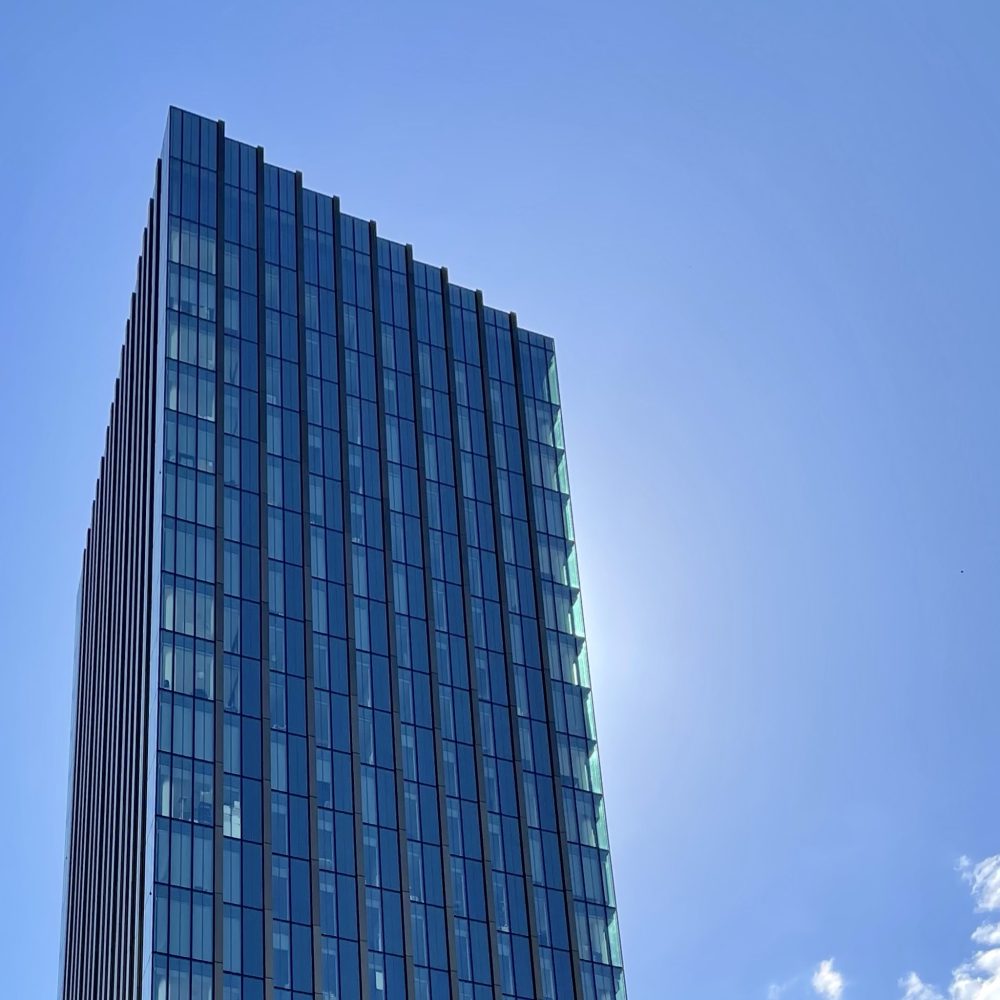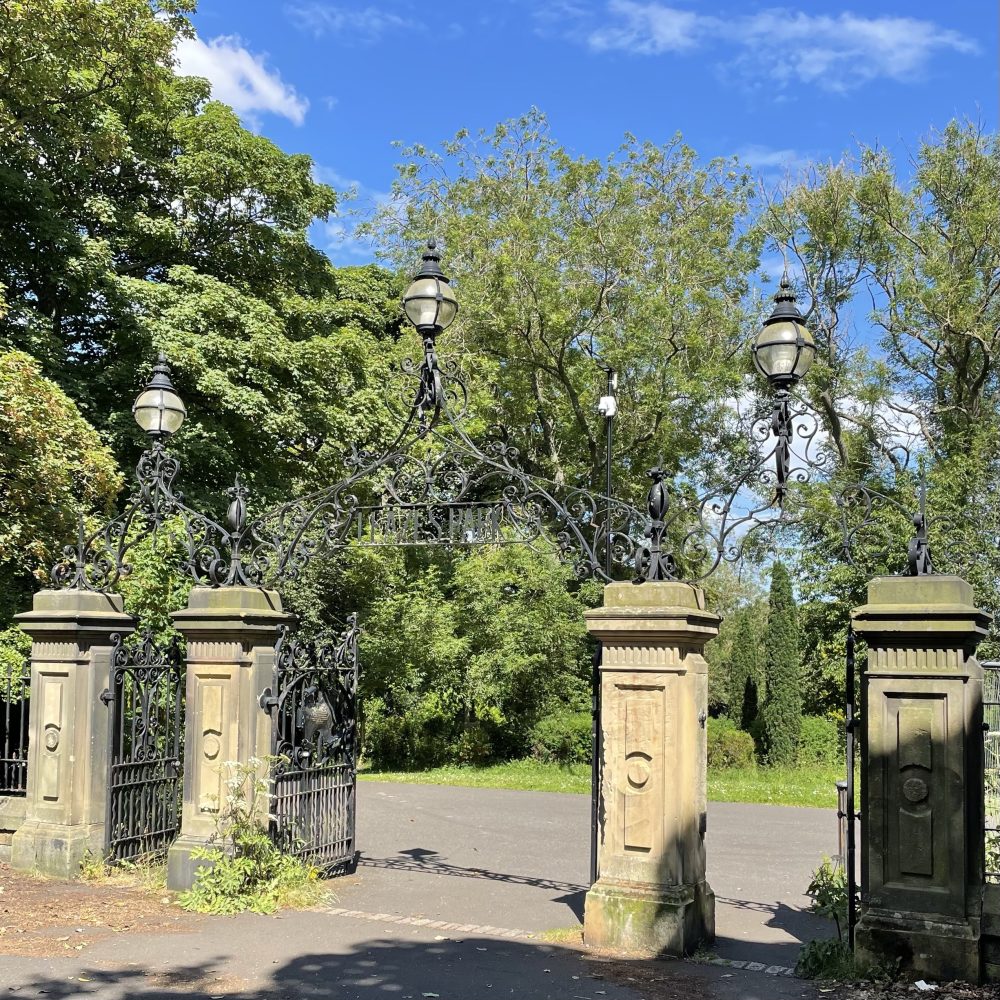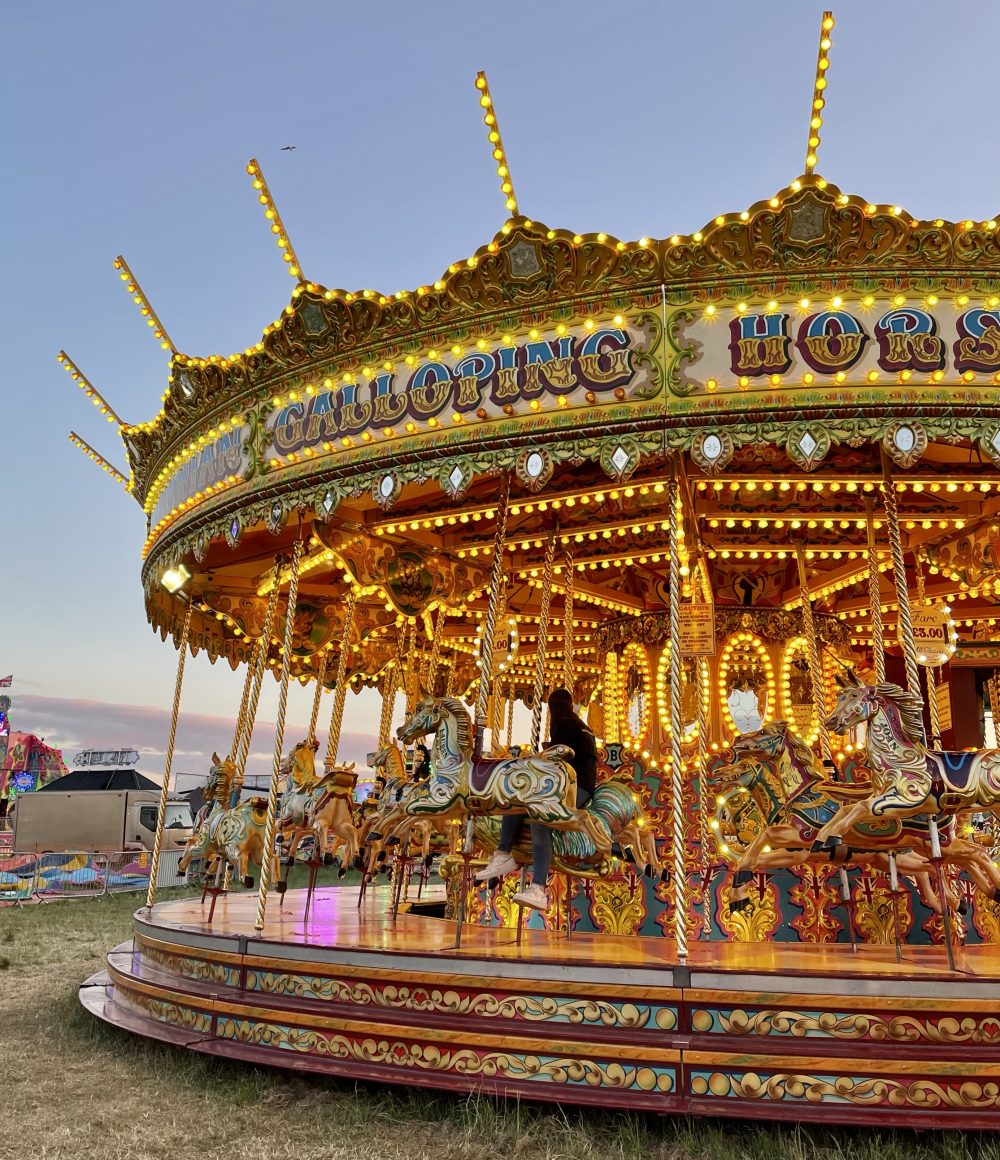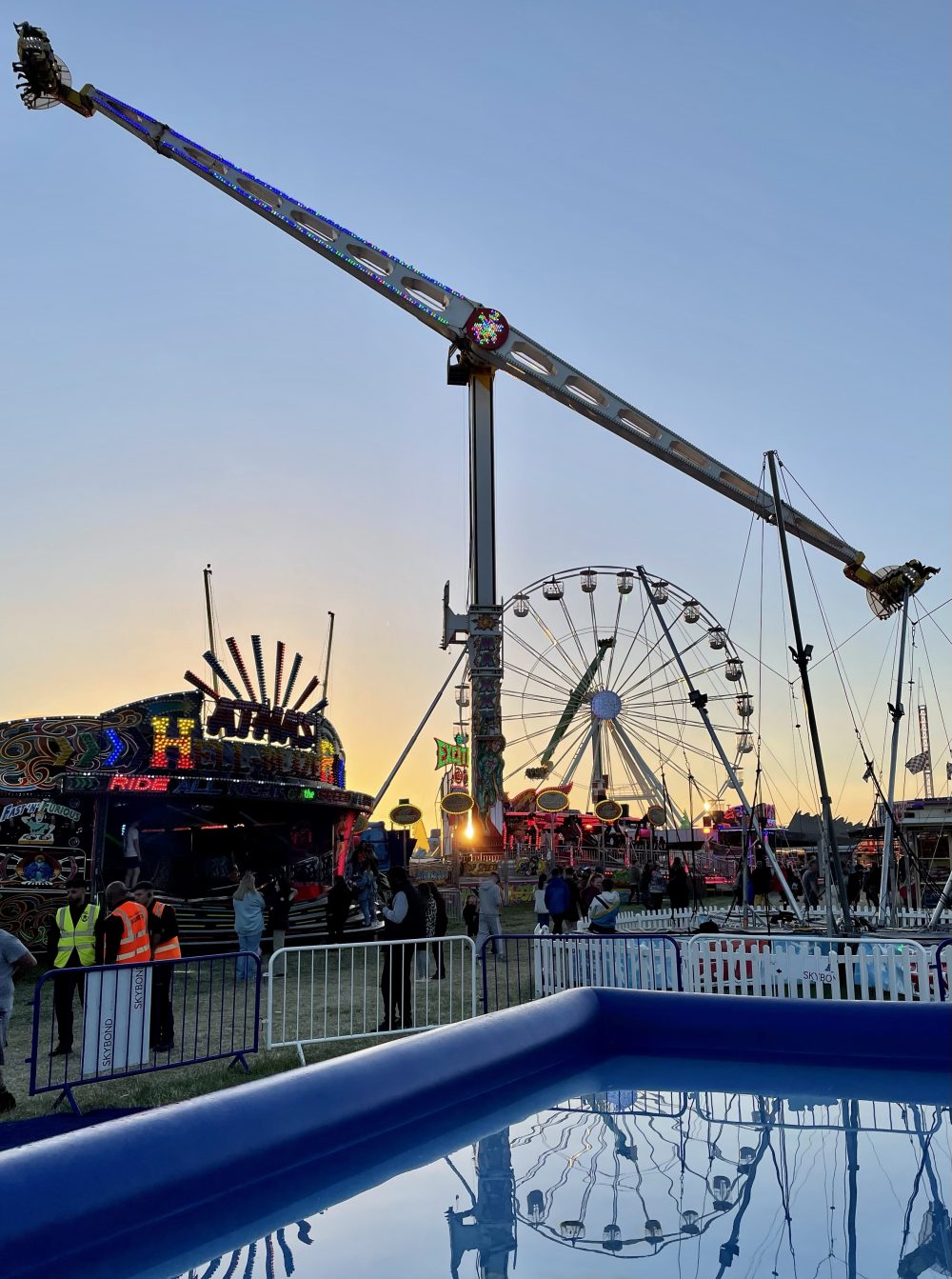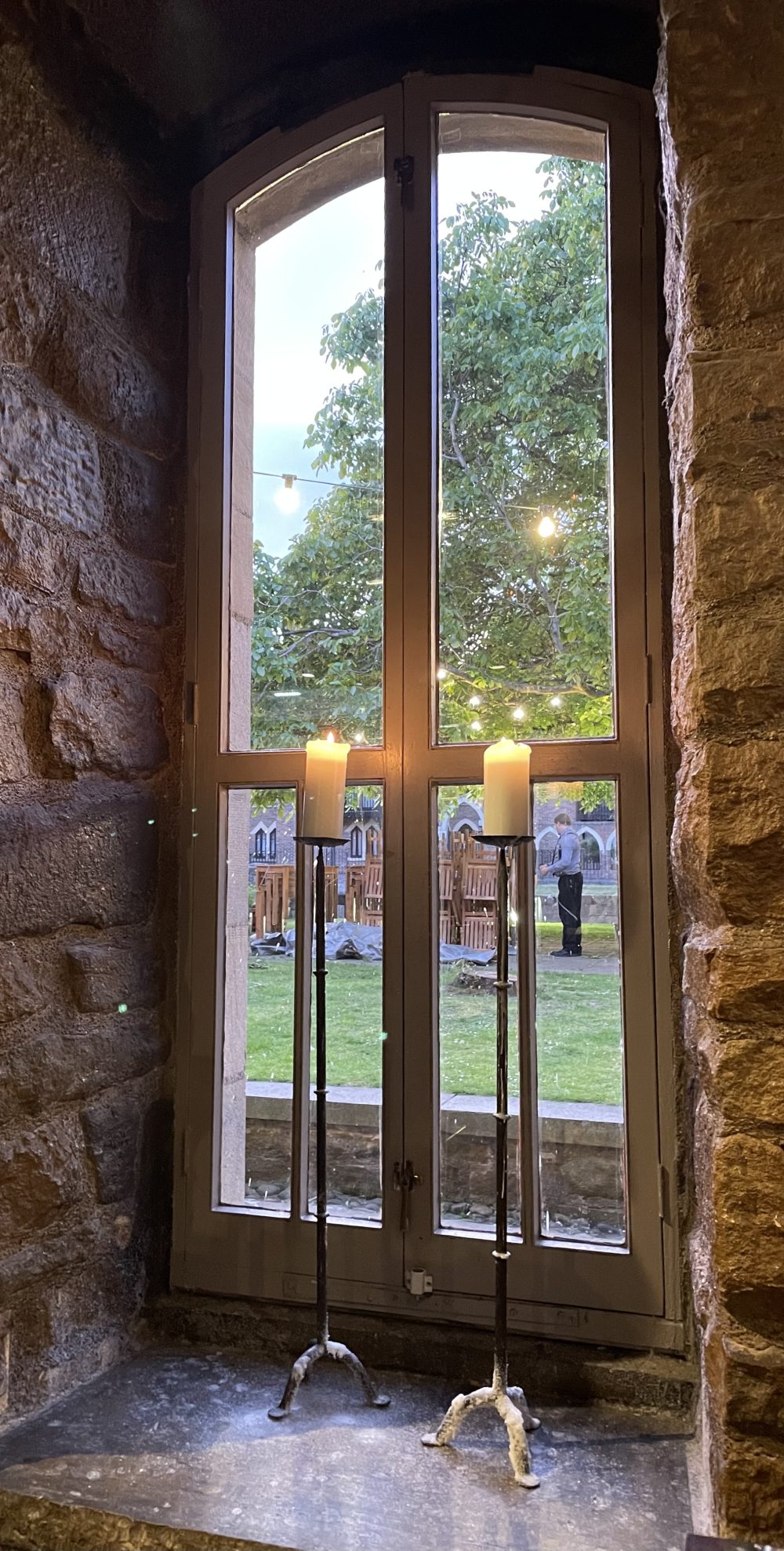Weeknotes 2022.32
A few things I’ve been thinking about this week. The thirty-second post of a series.
Walking past a coffee shop on a university campus this week, I heard a student regaling a small group of friends. As I walked past, I caught the exclamation: “I was in the middle of a crematorium with fire alarms going off, what would you expect!?”
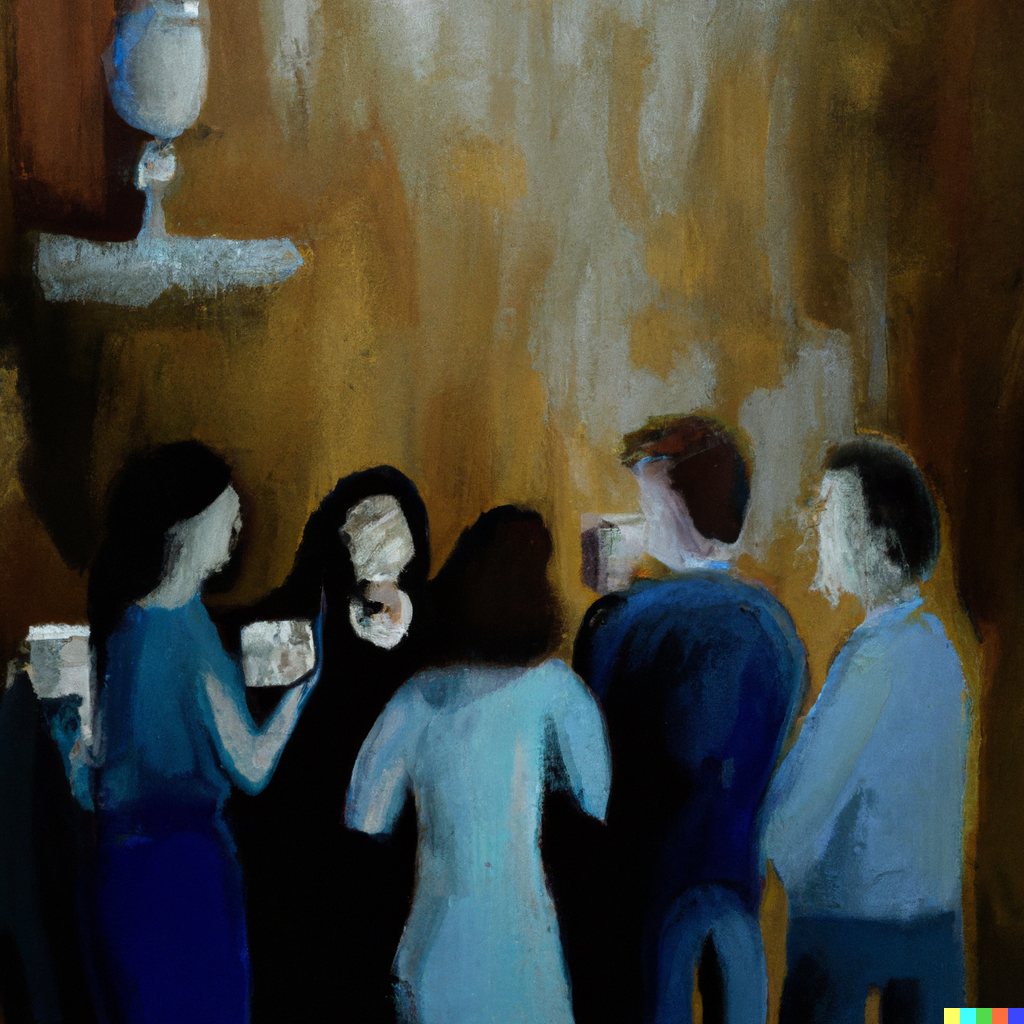
This week, I’ve been reading some Gore Vidal. In one of his novels, a character mentions a “streptococcic infection.”
I deal with cases of streptococcal infection all the time, but have never come across that alternative form of the adjective. Google Books Ngrams shows that “streptococcal” has always been the commoner form, but that “streptococcic” was used a little in the first half of the twentieth century.

Wendy and I have wanted to replace the wall lights in our living room for years, but have never spotted ones that were quite right. We did this week, though… and despite imagining that it would be difficult, the DIY job of replacing them only took me about 15 minutes. By sheer fluke, the brackets already attached to the wall for the old lamps were identical to the brackets for the new ones, so didn’t require removal and replacement.
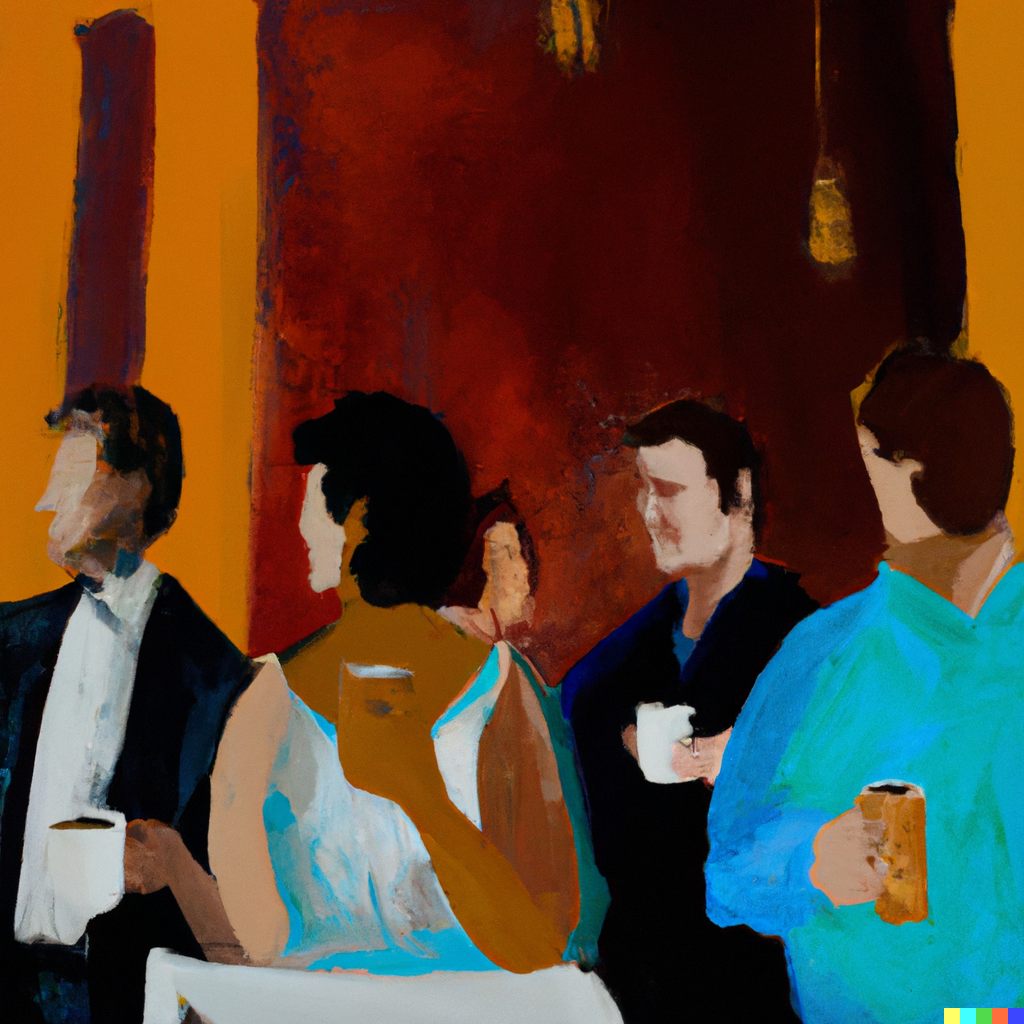
I’ve been irritated this week by the Tory leadership candidates talking about “NHS efficiency”. I think there are scarcely any people who want an efficient NHS; I think most people want a gloriously, wonderfully inefficient NHS.
I think people want an NHS where staff have the time to sit and hold the hands of those dying alone. I think people want an NHS where staff have the time to give tea and sympathy to the bereaved. I think people want an NHS where staff have time for a little chat with the lonely patient without any visitors.
Of course, efficiency should be a consideration, but it shouldn’t be the top priority. I’d much rather be looked after by a caring service than an efficient one, and I’d much rather pay for the former too.
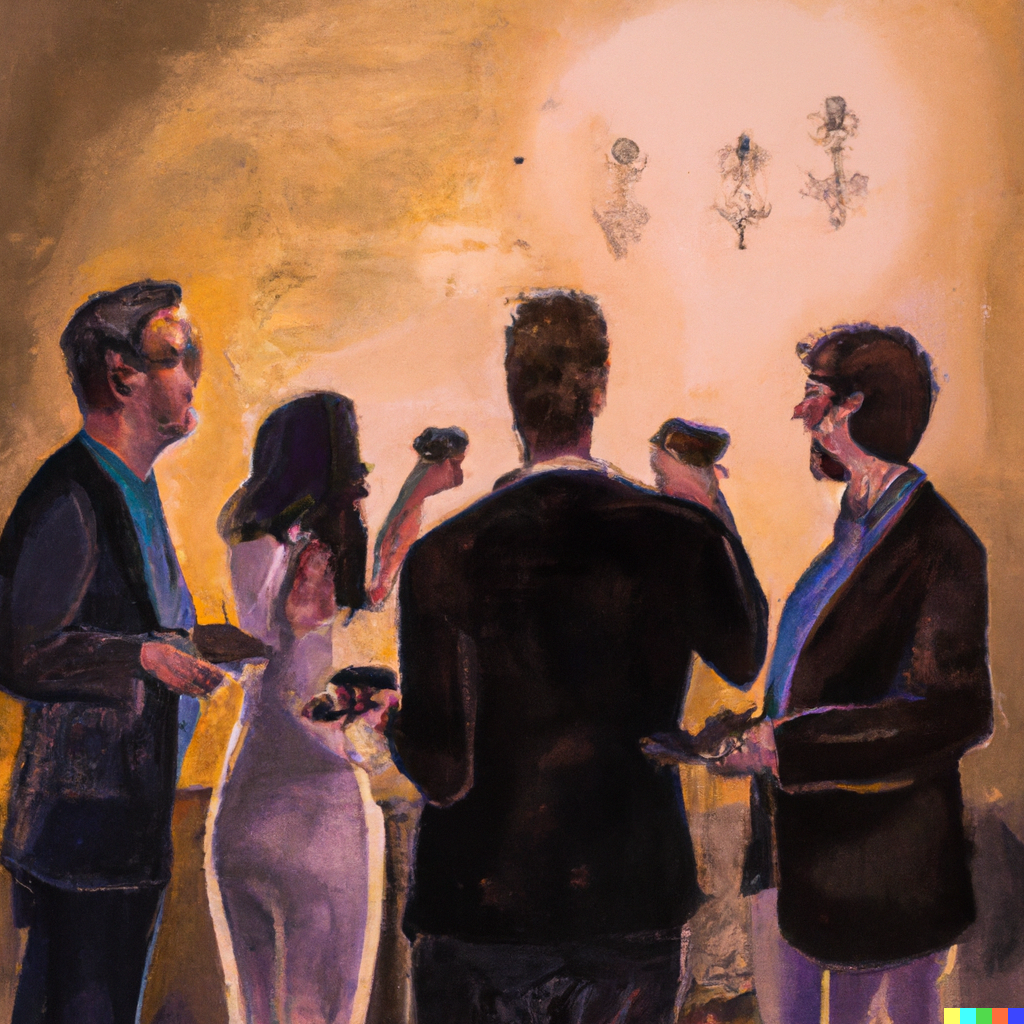
Wendy and I went to our first wedding of the year this week. Either fewer people are getting married or we’re getting old… or both. We saw the Perseid meteor shower as we walked home.
The images in this post are all AI-generated images for the prompt “a painting of a group of friends drinking coffee at a wedding with a wall light in the background” created by OpenAI’s D-ALLE 2.
This post was filed under: Weeknotes.
